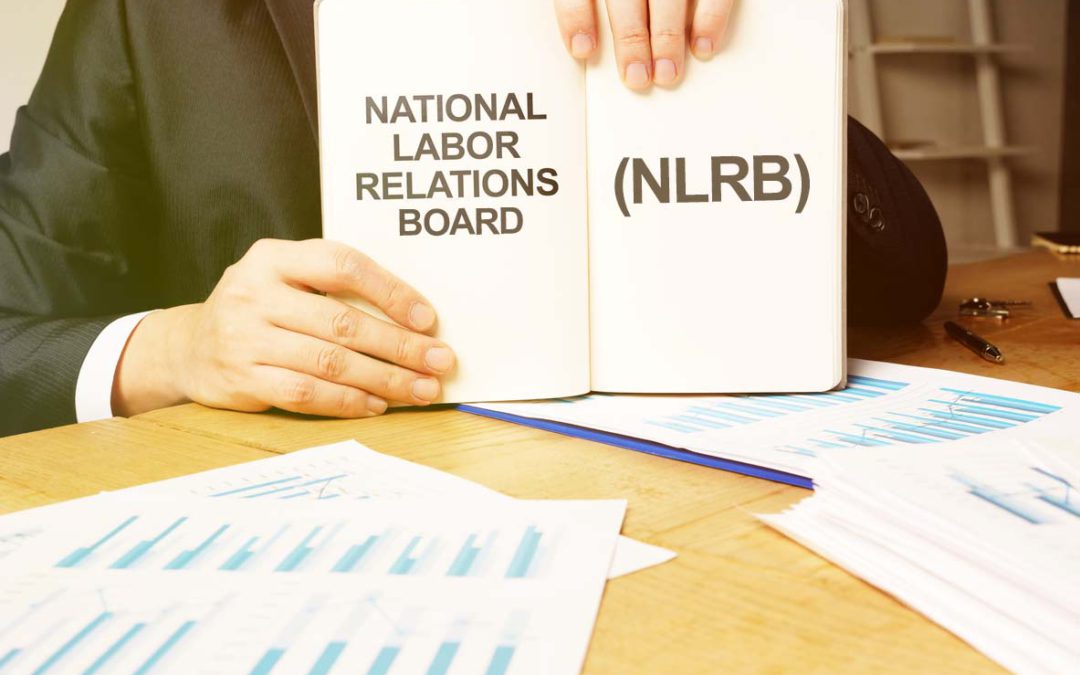On August 18th, 2022, a U.S. District Judge for the District Court of Western Tennessee (the Court) issued an injunction against a Memphis, Tennessee Starbucks in a retaliation and wrongful termination case involving employees engaged in union activities. The National Labor Relations Board (NLRB) had earlier petitioned the Court for temporary injunctive relief to stop the unfair labor practices. Previously, the NLRB altered the timing for its electronic posting requirements in COVID-19-related cases.
Background of the Retaliation and Wrongful Termination Case
According to the petition, workers at the Memphis location held a union election and voted for representation by Workers United. The representative was certified on June 15th, 2022. Upon discovering the organizing effort, Starbucks began a series of coercive measures to prevent the employees from unionizing. In detail, these included:
- disciplining the worker who started the campaign,
- supervising involved employees more closely,
- closing a specific area of the store on days the organizers had invited the public and customers to support the organizing campaign, and
- removing pro-union materials from the store’s bulletin board.
Finally, when media coverage and public support increased, Starbucks fired seven union activists at once. This constituted unlawful activity in the form of retaliation and wrongful termination for union activities.
Rights Under the National Labor Relations Act
Created in 1935 with the passage of the National Labor Relations Act (NLRA), the NLRB is an independent federal agency. Chiefly, the NLRB protects all employees’ rights under the NLRA. These include the right to organize and to determine whether to have unions represent them during collective bargaining. In doing so, it ensures employees can work together to improve their wages and working conditions. This can include discussions surrounding cost-of-living increases and identifying workplace hazards. Additionally, the NLRB prevents private sector employers from engaging in retaliation and wrongful termination or otherwise instituting unfair labor practices directed at employees in exercising their rights.
Generally, the NLRA covers most employees, whether the workplace is unionized or non-unionized. Meanwhile, the NLRB itself has broad jurisdiction, covering the majority of non-government employers. Covered employers include non-profits, employee-owned businesses, labor organizations, and businesses in states with “Right to Work” laws. Among these, NLRB’s statutory jurisdiction covers private-sector employers whose interstate commerce activities exceed specified minimum levels, variable by business type.
Rescinding the Retaliation and Wrongful Termination
In August, the NLRB succeeded in its petition for temporary injunctive relief. Accordingly, the Court issued an injunction that required Starbucks to institute the following remedies:
- reinstate the seven wrongfully terminated workers,
- rescind and expunge the illegal and retaliatory disciplinary measures issued to one employee,
- post the Court’s order with translations in other languages, and
- cease and desist from all activities in violation of the NLRA.
Finally, Starbucks must bargain in good faith with the union. Briefly, this means they must sign and abide by a collective bargaining agreement with employees and not make certain changes to an agreement without bargaining first. Additionally, they must not bypass the union to deal directly with individually represented employees.

